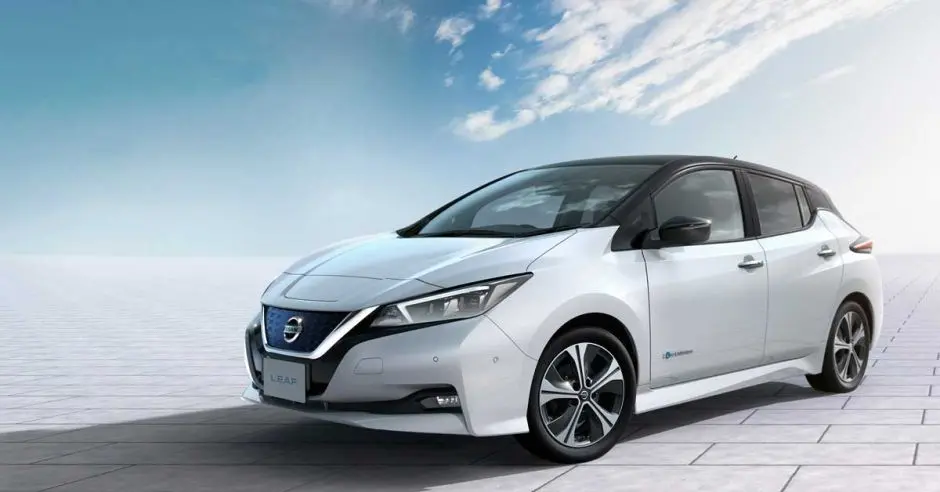The Nissan Leaf stands as a groundbreaking symbol of the ongoing evolution in the world of electric vehicles (EVs). As one of the first mass-produced all-electric cars, the Leaf has played a pivotal role in reshaping the automotive industry. In this article, we will explore the significance of the Nissan Leaf and its contribution to the advancement of EV technology.
The Rise of Electric Vehicles
The emergence of the Nissan Leaf marked a significant turning point in the widespread acceptance of electric vehicles. Prior to its introduction, EVs were often considered a niche concept, hampered by limited driving range, high costs, and a lack of infrastructure. The Leaf challenged these preconceptions by offering a practical and affordable electric car option that could meet the needs of everyday commuters.
Setting New Standards
With the Nissan Leaf, the automotive industry witnessed the establishment of new standards for EVs. It was the first electric car to achieve mass production, making zero-emission driving accessible to a broader audience. The Leaf’s impressive range, enhanced safety features, and user-friendly design demonstrated that electric vehicles could be a viable alternative to traditional combustion engine cars.
Driving EV Evolution
The Nissan Leaf played a pivotal role in driving the evolution of electric vehicles. Its success spurred other manufacturers to invest in electric vehicle technology and expand their EV lineups. The advancements made in battery technology, charging infrastructure, and driving range owe a debt of gratitude to the pioneering efforts of the Nissan Leaf.
Environmental Sustainability
The Nissan Leaf’s emphasis on sustainability and environmental consciousness resonated with eco-conscious consumers. By eliminating tailpipe emissions and reducing dependence on fossil fuels, the Leaf demonstrated the potential of EVs to mitigate the environmental impact of transportation. It became a symbol of sustainable mobility, aligning with the growing global concern for climate change and air pollution.
Enhanced Driving Experience
The Nissan Leaf not only offered environmental benefits but also provided an enhanced driving experience. The instant torque delivery of electric motors, combined with the Leaf’s quiet and smooth operation, delivered a pleasant and enjoyable ride. The innovative regenerative braking system added to the driving pleasure while maximizing energy efficiency.
Charging Infrastructure Expansion
The introduction of the Nissan Leaf prompted the rapid expansion of charging infrastructure. As the demand for electric vehicles grew, public charging stations and home charging solutions became more prevalent. This infrastructure development addressed the concerns of range anxiety and enabled EV owners to confidently embark on longer journeys.
The Legacy of the Nissan Leaf
The Nissan Leaf’s legacy extends beyond its initial success. It continues to inspire automakers to innovate and improve electric vehicle technology. With each subsequent generation, the Leaf has evolved to offer increased range, advanced features, and improved performance. Its enduring impact serves as a reminder of the importance of EV evolution in creating a sustainable and greener future.
The Nissan Leaf’s pioneering role in the realm of electric vehicles cannot be overstated. By making EVs accessible, setting new standards, and driving technological advancements, the Leaf has reshaped the automotive industry and paved the way for a future where electric mobility becomes the norm.
Explore the Nissan LEAF on the Nissan website.
Read about other EV’s available on the market.
